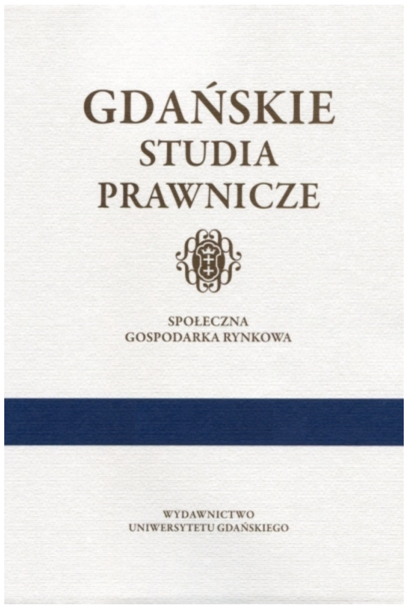Wotum nieufności wobec ministra jako instrument realizowania funkcji kontrolnej sejmu
Vote of no confidence against a minister as an instrument for carrying out the control function by a parliament
Author(s): Sławomir PatyraSubject(s): Constitutional Law, Government/Political systems, Electoral systems
Published by: Wydawnictwo Uniwersytetu Gdańskiego
Keywords: control; analysis of legal and political aspects of the institution of individual vote; constitutional agreements;
Summary/Abstract: The article is devoted to the analysis of legal and political aspects of the institution of individual vote of no confidence on the grounds of constitutional arrangements and parliamentary practice from the entry of the Polish Constitution of 1997 into force. The vote of no confidence against a minister is not only an instrument of strict political character, but also a legal means of parliamentary control over the government, serving to enforce political accountability of the members of government before the parliament.In this regard, the institution is a part of the parliamentary system of government, affecting the relationship between the legislative and executive powers under the principle of checks and balances. The main thesis of the article is that in a situation in which the Council of Ministers is the supported by a stable parliamentary majority, the aim of the opposition’s initiative to starts the proceedings concerning the vote of no confidence against a minister is not to appeal him/her but to cause parliamentary debate on his/her activities, as well as on the general policy of the government as a whole. The vote of no confidence against a minister is primarily focused on political and propaganda results, while also serving as the fundamental right of the parliamentary opposition to criticize the government and to control its activities.
Journal: Gdańskie Studia Prawnicze
- Issue Year: 2014
- Issue No: XXXI
- Page Range: 943-958
- Page Count: 16
- Language: Polish

